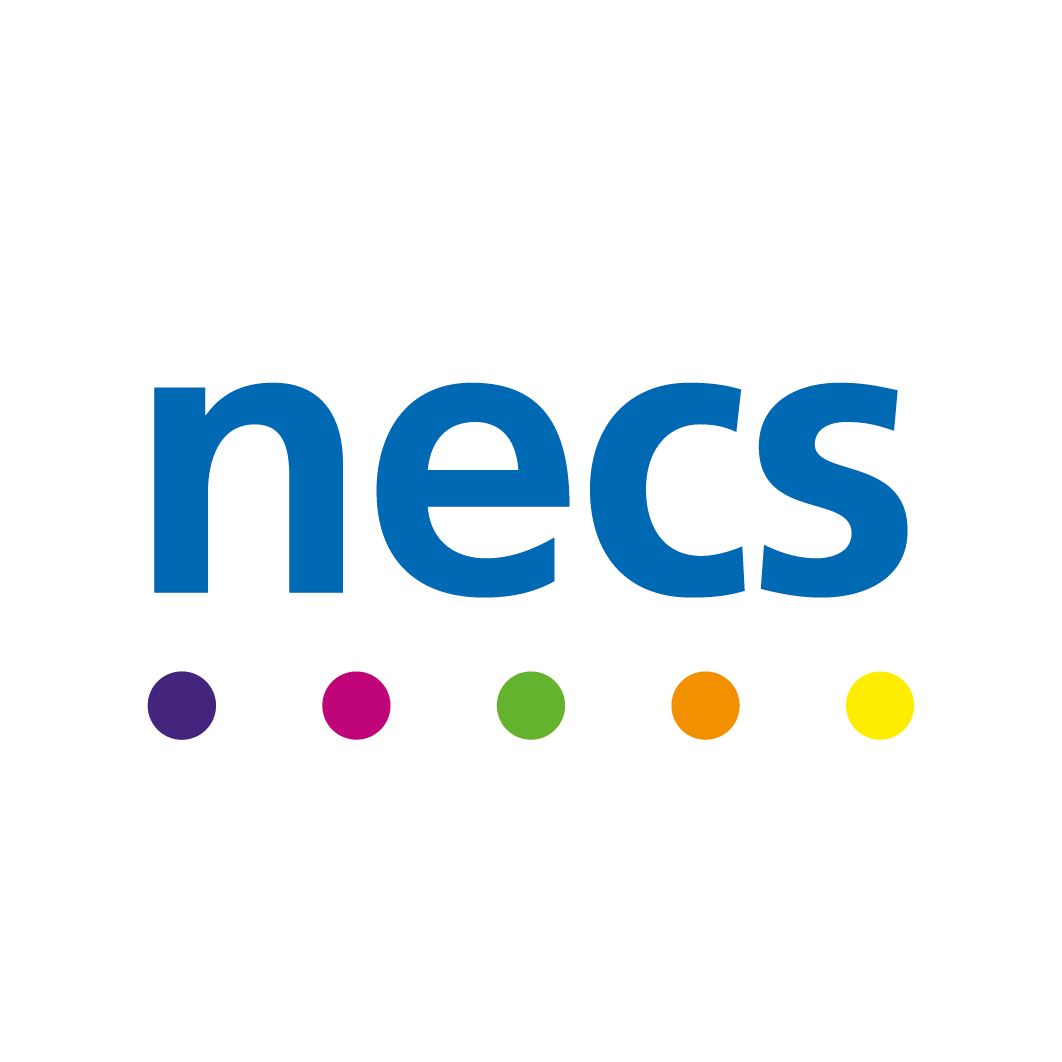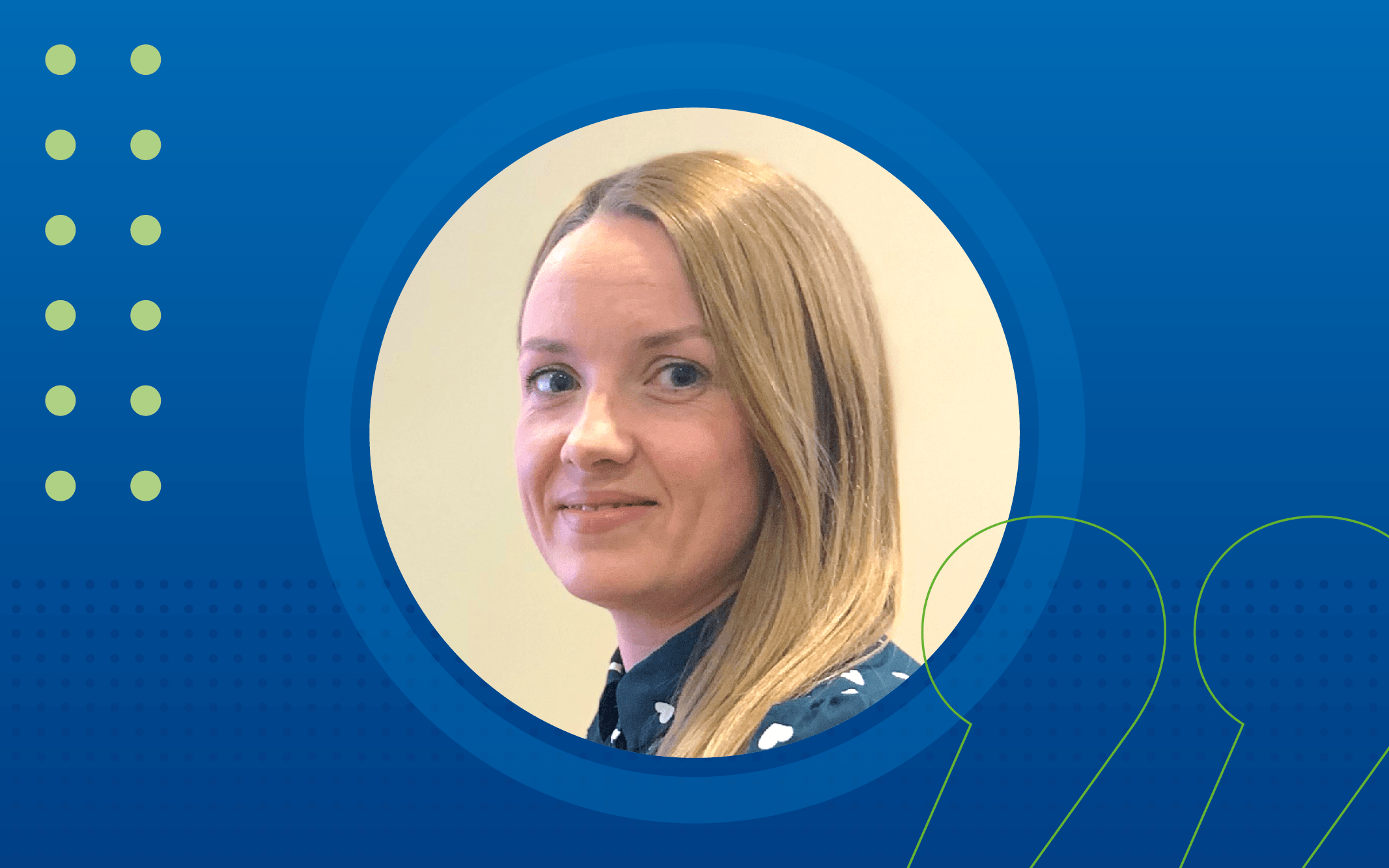Victoria Pescod, Information Solutions Senior Support Officer for RAIDR at NECS, shares her thoughts on the uptake on cancer screening, her own experience of receiving a positive result, and how RAIDR’s digital solution can support the government’s pledge to increase diagnosis of cancer in the early stages.
“Cancer… it is incredible how one word can strike so much fear into the hearts of many.
“Almost everyone will have been affected by cancer, whether it be their own personal diagnosis, a family member or a dear friend. It is something that impacts all of us physically and emotionally.
“Currently in the UK, there is estimated to be over 3 million people living with cancer and it is predicted that by 2040, this number will increase to 5.3 million*.
“NHS England has set an aim to diagnose 75 percent of cancers in the early stages (1 and 2) by 2028. In a lot of cases, cancer can be treated if it is caught early, which means cancer screening has never been so important.
“More people than ever before, are getting screened for cancer, with almost three million checks being completed over the last 12 months. Almost three million people (2,980,258) were seen for urgent cancer checks over the last year (Nov 2022 to Oct 2023) – the highest year on record. Up by 147,960 on the same period last year, and up over a quarter (622,562) on the same period before the pandemic (2,357,696)**.
“Unfortunately, there still seems to be some taboo around cancer screening – people perhaps feel embarrassed to have the test or can’t find the time in their busy schedules.
“In 2022, I went for my scheduled cervical screening appointment carried out by the practice nurse. It was a painless procedure, which was over and done within five minutes. A few weeks later, I got my results. They had come back positive for Human papillomavirus (HPV). This was my second positive result, so I was then invited to go for a colposcopy where they took biopsies for testing.
“It was during this appointment the word cancer was mentioned. I got this awful wave over me, and I began to feel faint. As I waited for the results, I did what most people do and consulted ‘Dr Google’ – What is cervical cancer? What are the risks? How fast does cancer spread? What are the survival rates?
“So many thoughts were going through my head and as a mother of two young children, I was terrified I wouldn’t get to see them grow up. Fortunately mine came back as pre-cancerous cells. I opted to have them removed, and since then, my cervical screening results have all been clear, but had I not gone for my screening appointment, this could have been a whole different story. I would urge everyone to book their screening appointment. Don’t be embarrassed. Don’t put it off. Do it now!”
RAIDR
“Working for the RAIDR team at NECS, I wholeheartedly champion the utilisation of data to help achieve NHSE’s objectives. The digital application offers a suite of interactive dashboards which can allow users to analyse patient data in just a few clicks.
“The Surveillance screen in RAIDR’s Primary Care dashboard can identify eligible patients that have completed their bowel, breast or cervical screening with the ability to view uptake at a system wide level. Alternatively, using the exclude function it is also possible to view those patients who are eligible but have not yet completed the screening.
“People who may experience health inequalities and face barriers when accessing treatment such as those who may reside in areas of deprivation, have limited health literacy, a learning disability or from minority ethnic groups are said to be less likely to participate in cancer screenings.
“Using the Prevalence screens, users can create a specific cohort of patients to a set criterion. GP Practice staff and PCN users can view and export clear NHS numbers of identified eligible patients, and then make direct contact to invite them to complete their cancer screening.
“Overall, we should all be supporting the NHS to deliver the best possible care for its patients and helping them to achieve their early cancer diagnosis target.”
To find out more about RAIDR contact the team at NECSU.RAIDR@nhs.net, follow us on X or visit necsu.nhs.uk/digital-applications/raidr/
*https:/www.macmillan.org.uk/about-us/what-we-do/research/cancer-statistics-fact-sheet
**https:/www.england.nhs.uk/2024/01/another-record-breaking-year-for-nhs-cancer-checks/


